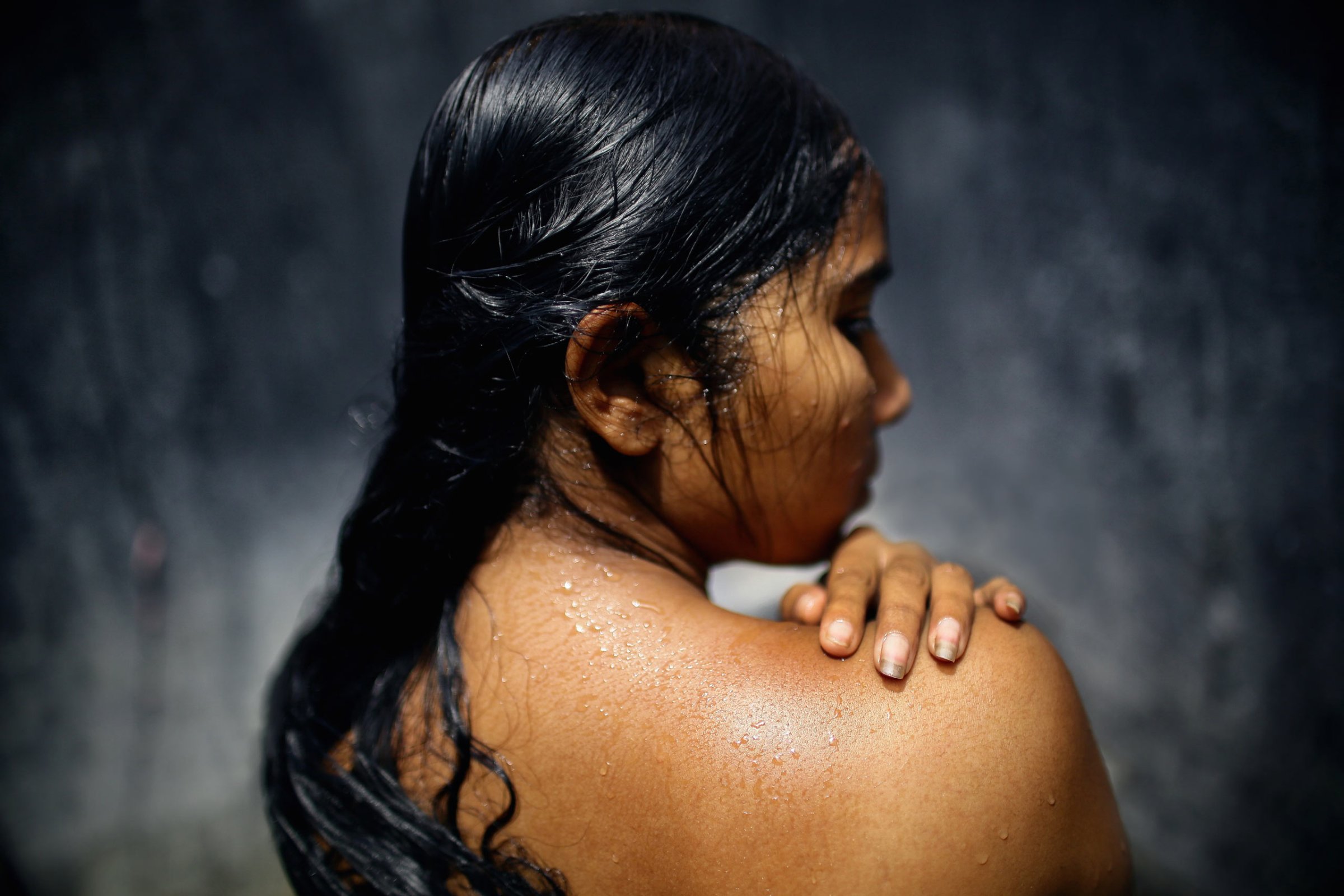
Getty Images has awarded $50,000 in grants to five photographers — Souvid Datta, Salvatore Esposito, Matt Eich, Mojgan Ghanbari and Javier Arcenillas.
The $10,000 grants are awarded each year at the Visa Pour L’Image festival in Perpignan, France. First established in 2004, the grants aim to enable photographers to “bring attention to significant social and cultural issues, as well as to take new and inspiring strides in creative work.”
Souvid Datta’s Sonagachi: Vanishing Girls won a grant for his intimate look at the lives of young girls in Sonagachi, Kolkata, where an estimated 13,000 women are forced to sell their bodies daily for less than the price of a meal. Born in India and raised in London, Datta recalls returning to Kolkata and being “consistently puzzled and infuriated” by the hypocrisy in society’s attitude towards this issue. “Dinner table conversations grind to a halt at Sonagachi’s mention,” Datta says. “People furrow their brows or laugh nervously offering occasional, ill-informed generalizations or knee-jerk jibes.”
Datta’s project goes beneath the surface of Sonagachi’s colorful alleyways to a vast network of multi-story brothels in Asia’s second largest red light district, capturing the women in these institutions. “They embody astounding levels of daily resilience and enterprise in the face of challenging futures,” he says. “At the same time though, these are 16-20 year olds not so different from young women elsewhere in the world. They argue, laugh and cry with friends, they struggle with their identities, they face isolation and just try to get by, day-by-day.”
With this grant, Datta hopes to move beyond Sonagachi to investigate the trafficking organizations and routes that procure girls from Bangladesh, Nepal and West Bengal.
The subtly arresting images of poverty-stricken Athens, Ohio in Matt Eich’s Carry Me Ohio also caught the judge’s eyes. The project explores the unflinching, intimate moments of American lives in a city that Ohio Governor John Kasich has declared is at war against opiates. “If you’re not surprised then you’re not looking hard enough,” Eich says.
He began photographing in the rural community as an undergraduate student in 2006, where he became interested in the nuanced complexities of a family life different from his own Virginia upbringing. “The longer I photographed, the more I realized that there are reasons people do the things they do,” he says.
He will expand the project to other states in the U.S. with the award funds. Ultimately, he hopes to compile the images into a book and bring them back to the Athens community.
Since 2007, Italian photographer Salvatore Esposito has documented the private lives of young criminals affiliated with the Camorra, one of Italy’s largest criminal clan in Naples. His winning project, What Is Missing, takes an in-depth look at the city’s volatile social structure, revealing ways in which social needs are not met by institutions as a result of bad policy and a negligent ruling class.
Esposito grew up in Naples in the mid-eighties, during one of the most brutal Camorra wars, which saw almost one death per day for nearly 10 years. The first murder he witnessed was in front of his house when he was just 11 years old. Years later as a crime photographer, Esposito was introduced to the Camorra world through a young drug dealer.
“What surprised me most is the humanity you can find in these young criminals,” he says. “Some of them chose this life because of the fanaticism of the gangster’s life. Some of them just because they were born in the wrong neighborhood or in the wrong families.” The grant will help him continue What Is Missing and fund further projects.
Another awardee, Mojgan Ghanbari, was interested in the way that women interact with or are affected by Iranian society, following the legislative restrictions placed on them after the 1979 Islamic revolution. More than 30 years later, women are still denied leadership positions and discriminated against in inheritance laws.
The series, entitled Zanan or ‘women’ in Persian, documents the experience of being a woman in Tehran. “Even in 21 century and after all global women’s movements, still women and children are the ones who suffer the most from any sort of crisis in society everywhere in the world and Iran is not an exception,” Ghanbari says. However, she also feels that media doesn’t always represent the whole truth about Iran. “This country now faces young women who have made significant gains in their rights to an education and have found the courage to express their demands.”
She plans to use her grant award to further portray femininity and identity in the Middle East.
Javier Arcenillas was awarded for Latidoamerica, which sheds light on the gruesome violence in Honduras. A psychologist at the Complutense University of Madrid in Spain, Arcenillas first worked on Red Note, a series for El Periodico de Guatemala in which he documented crime in Mexico and Guatemala. Curious about the causes and culprits behind a number of deaths he captured, he looked further.
He began spending time with Sicarios, murderers, gang victims and drug addicts in Honduras, eventually documenting the social and political tensions that he witnessed. The result was a gripping disclosure of human suffering. “Every day there was some new atrocity that surprised me more,” Arcenillas says. “It has been a really rough ride emotionally.”
With this grant funding, Arecenillas intends to pursue his next project in El Salvador, where he is documenting an open war between police and gangs.
This year’s judges included the Sunday Times Magazine’s Director of Photography Jon Jones, Der Spiegel International Director of Photography Matthias Krug and Jean-Francois Leroy, Director of Visa pour l’Image, among others. Getty also announced that one of the Editorial Grants will be renamed The David Laidler Memorial Award, in honor of the recently deceased former Getty employee David Laidler, who helped bring the grant program to life.
The work of past awardees may be viewed here.
Rachel Lowry is a writer and contributor for TIME LightBox. Follow her on Twitter @rachelllowry.
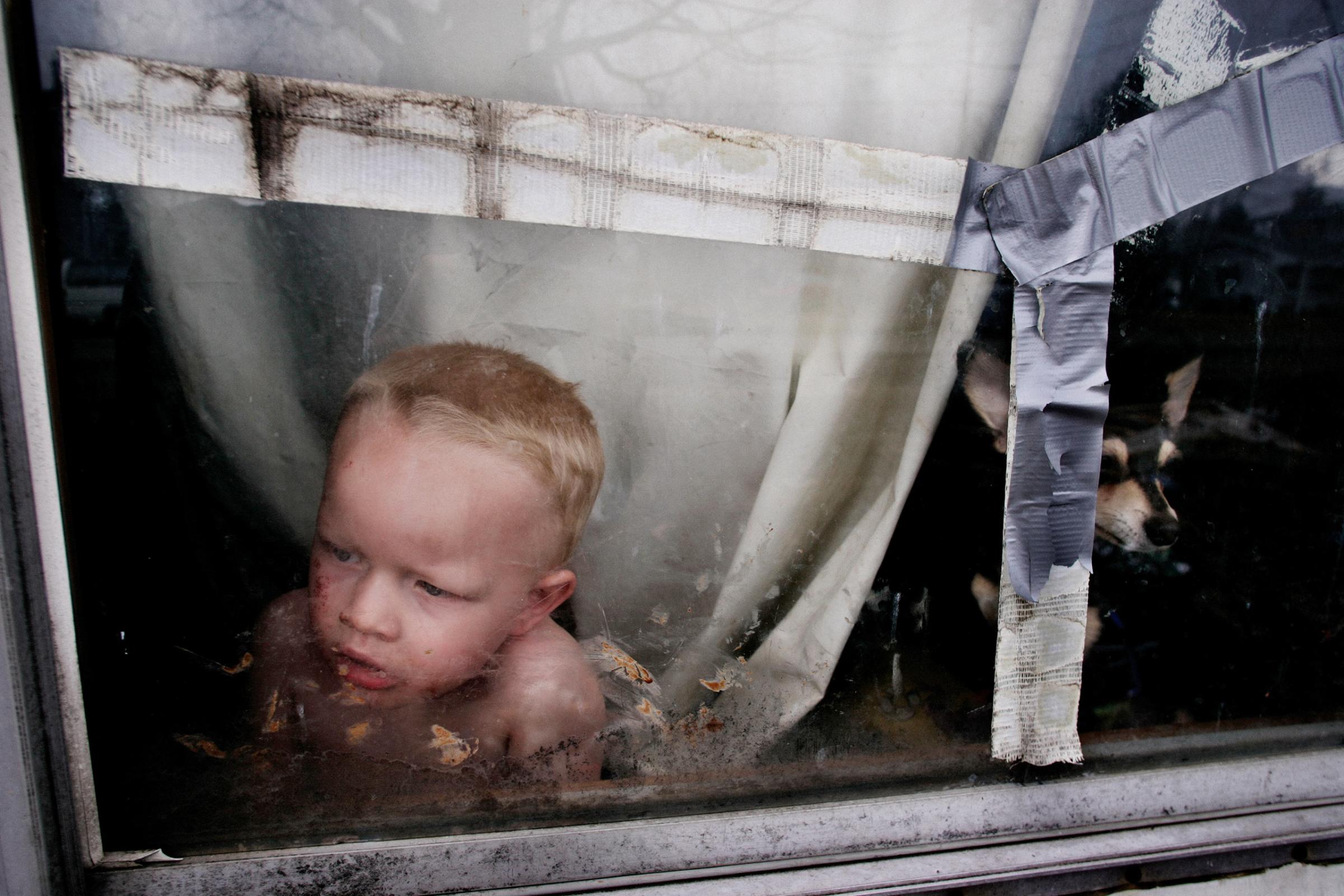

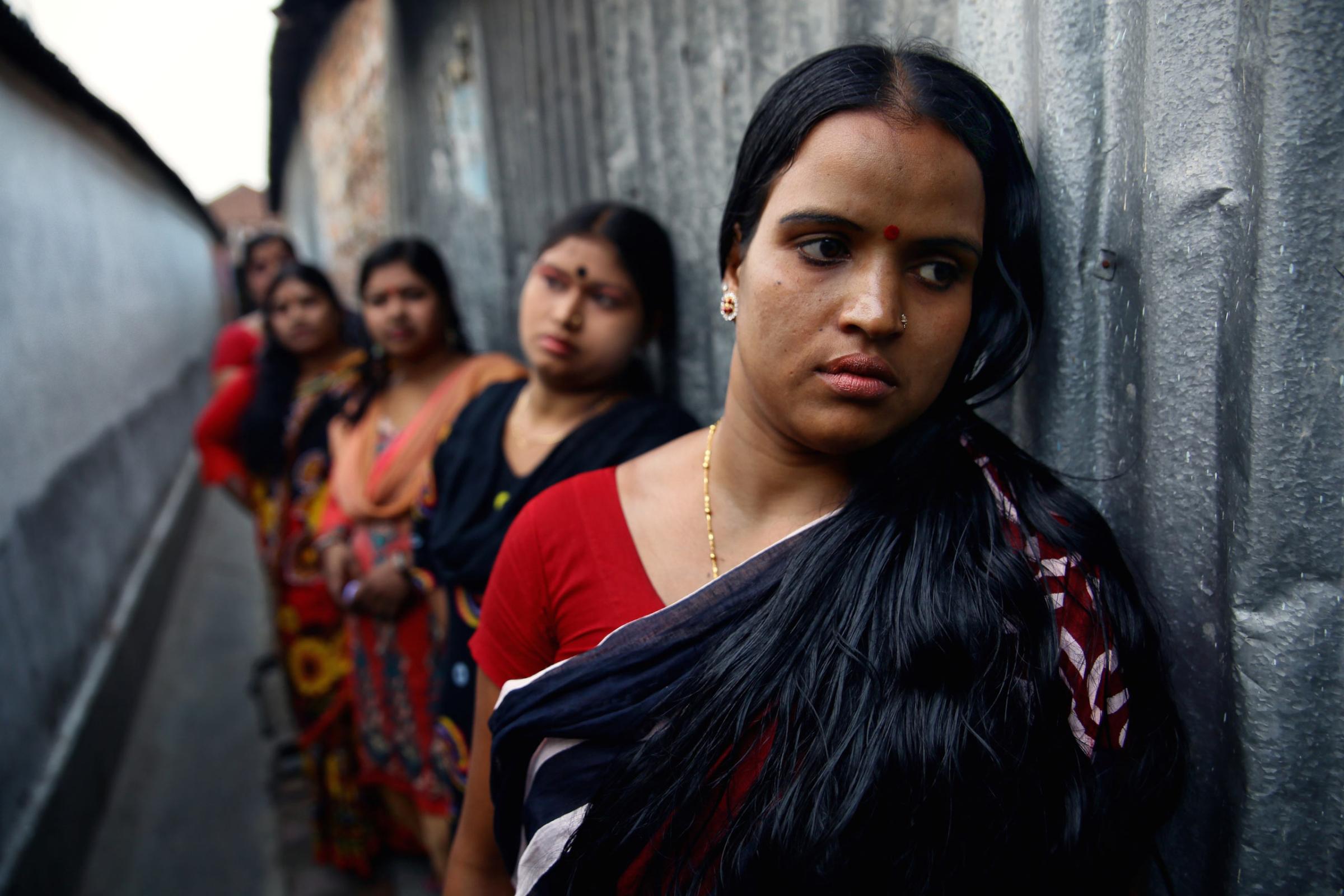
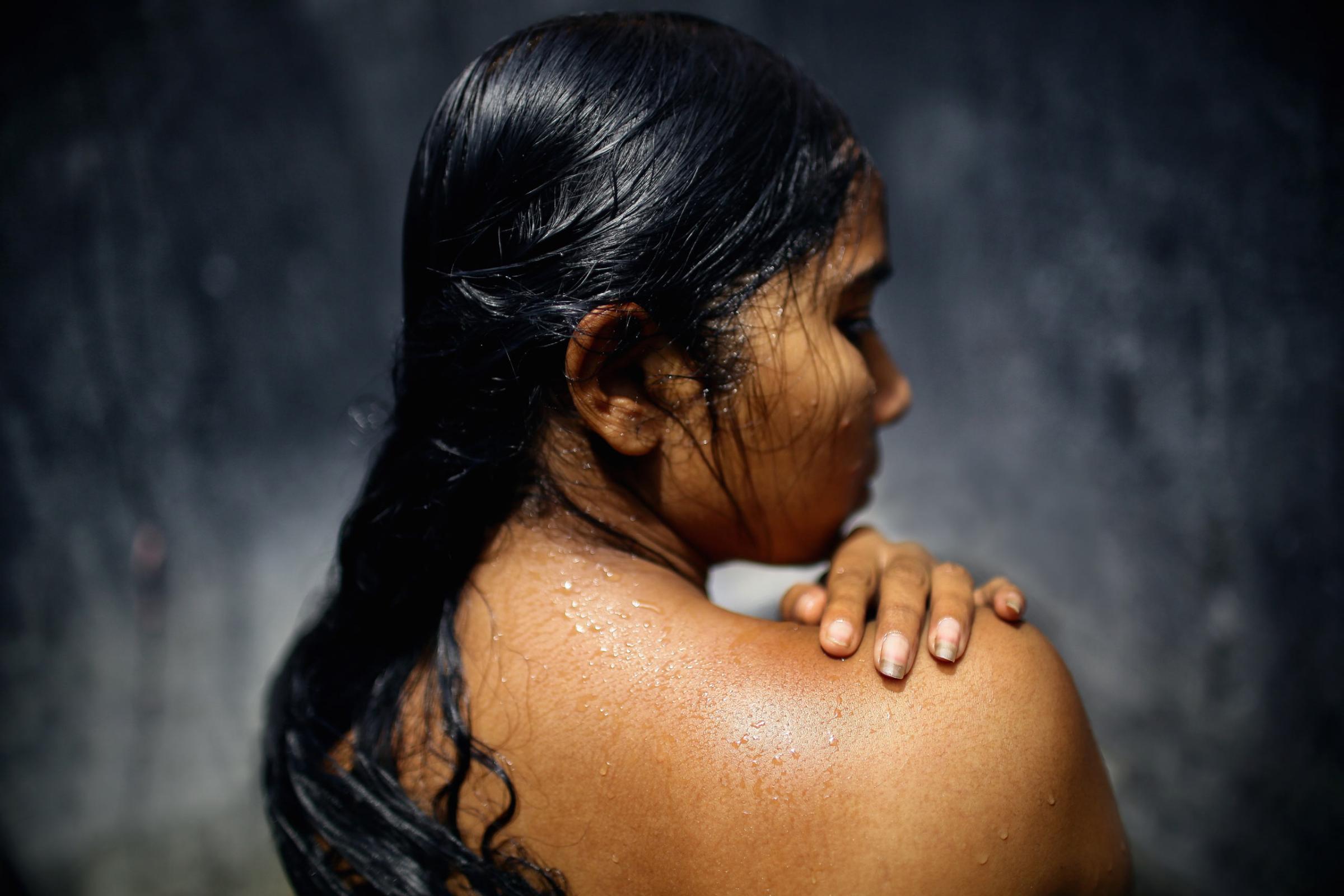
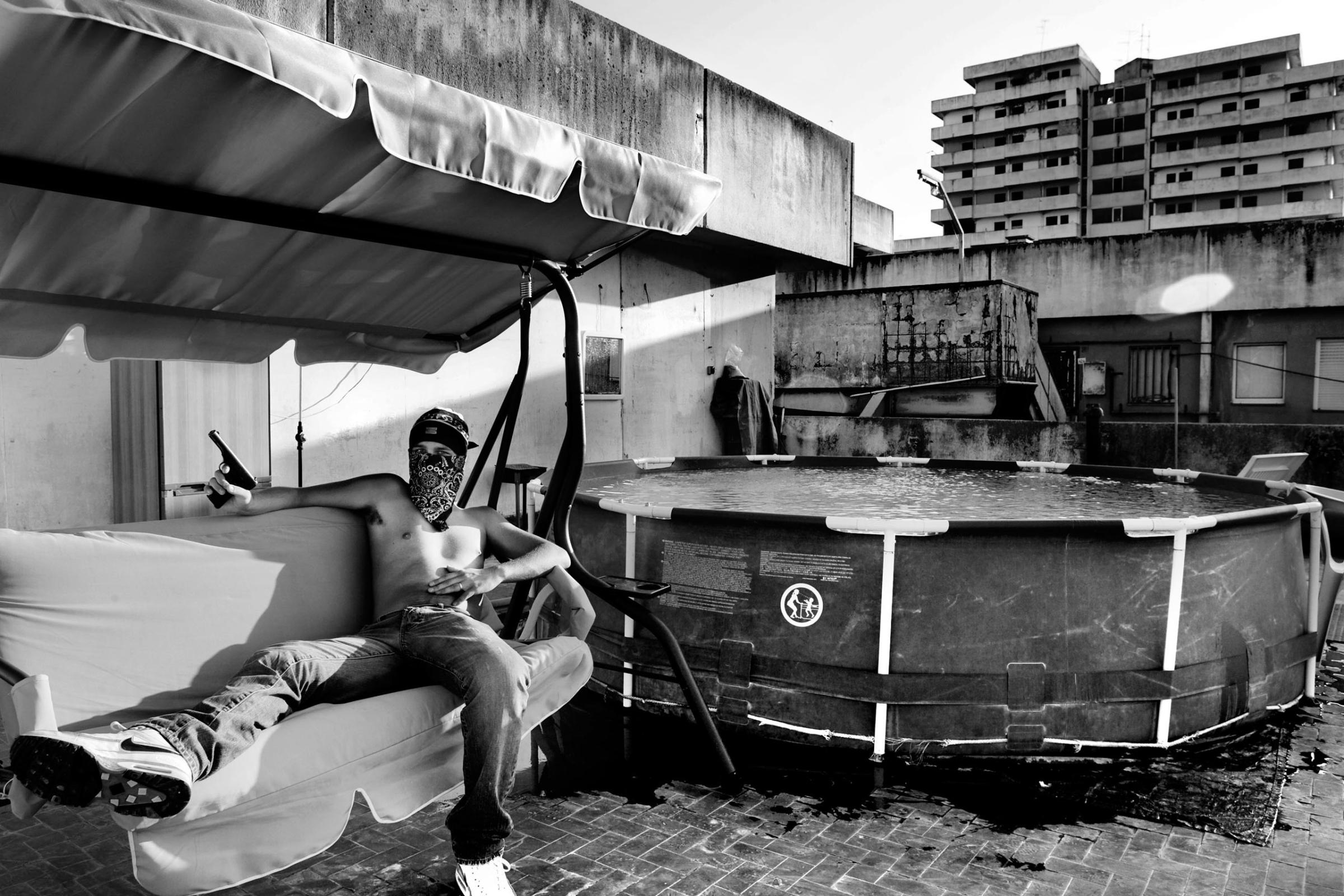
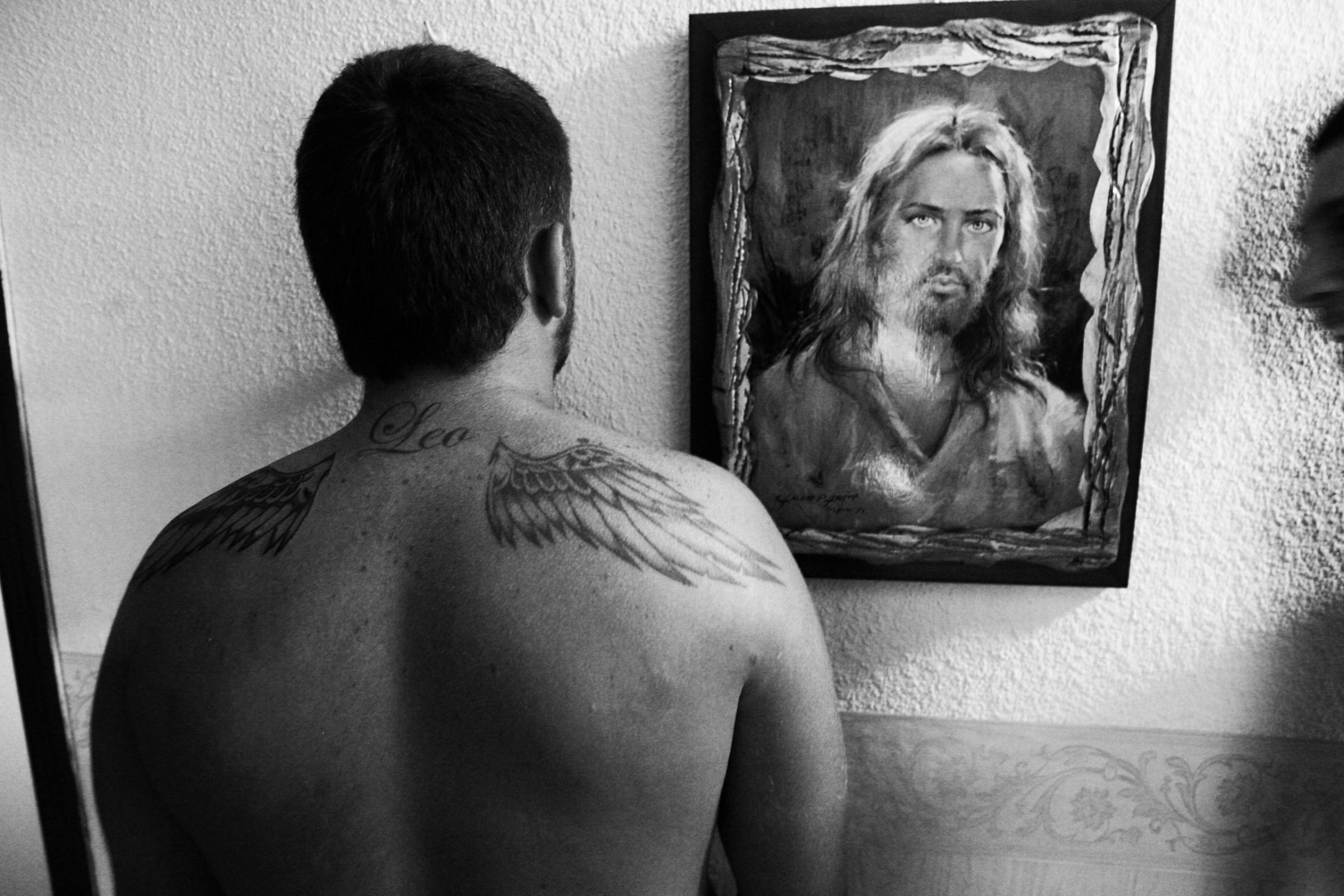
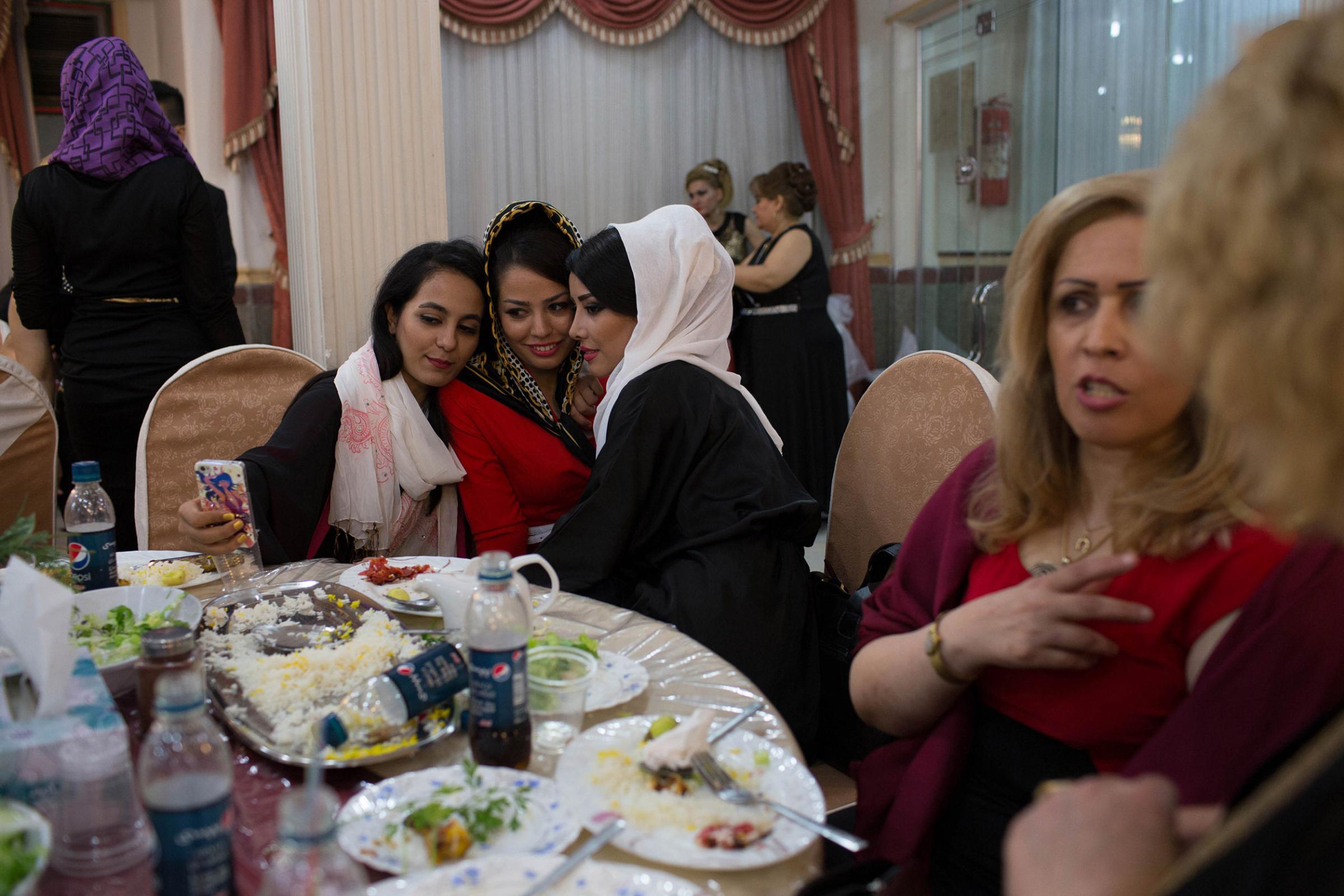
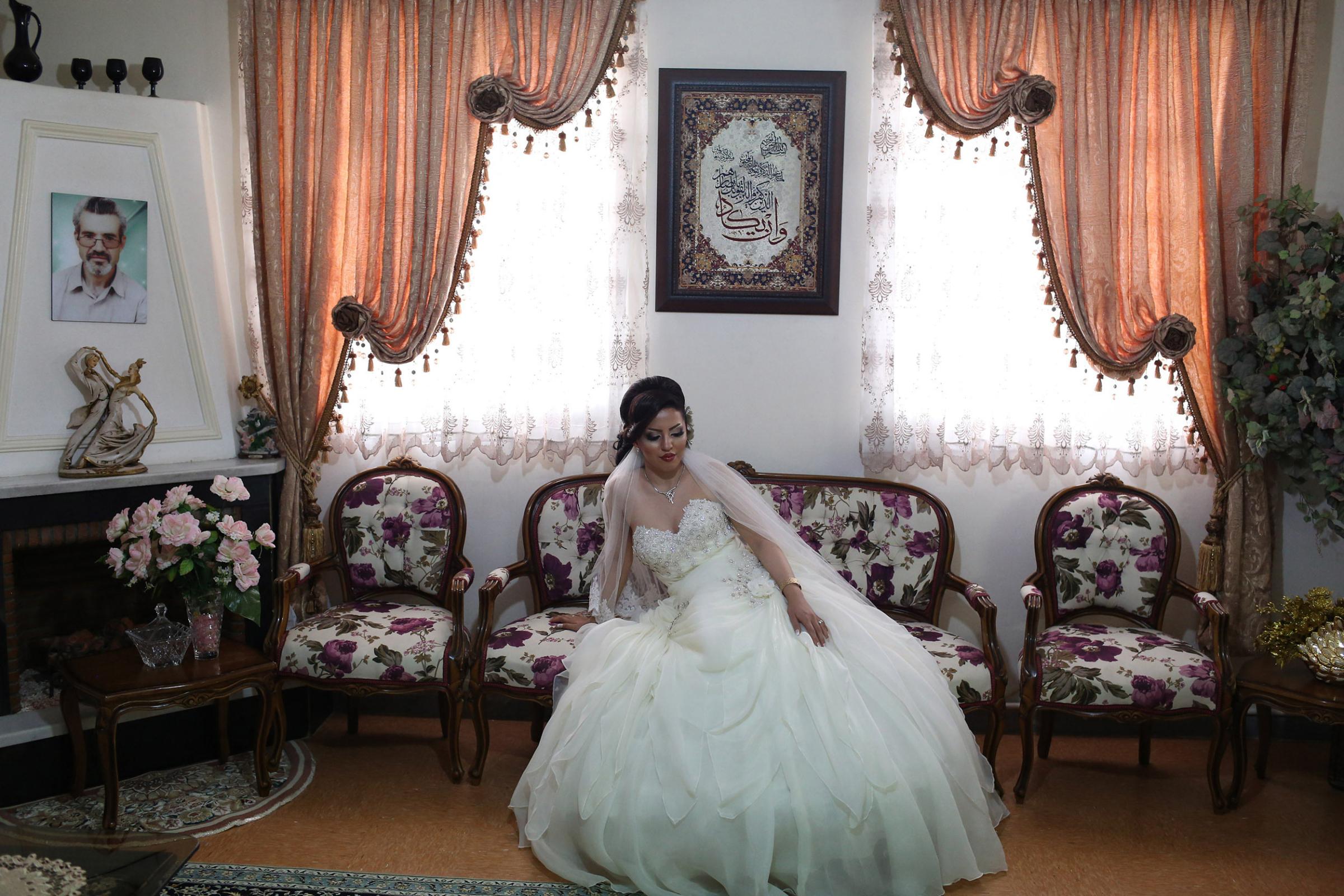
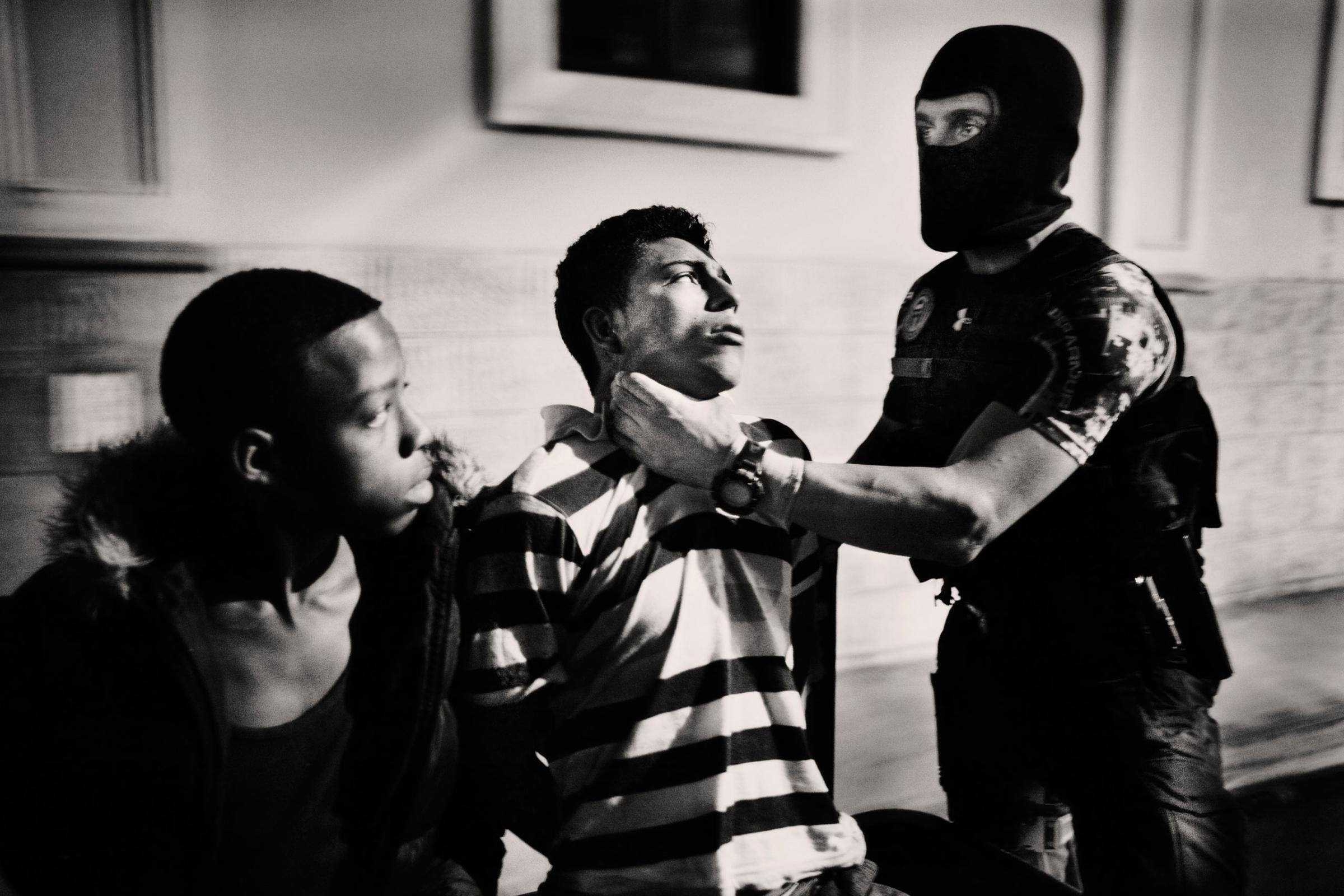
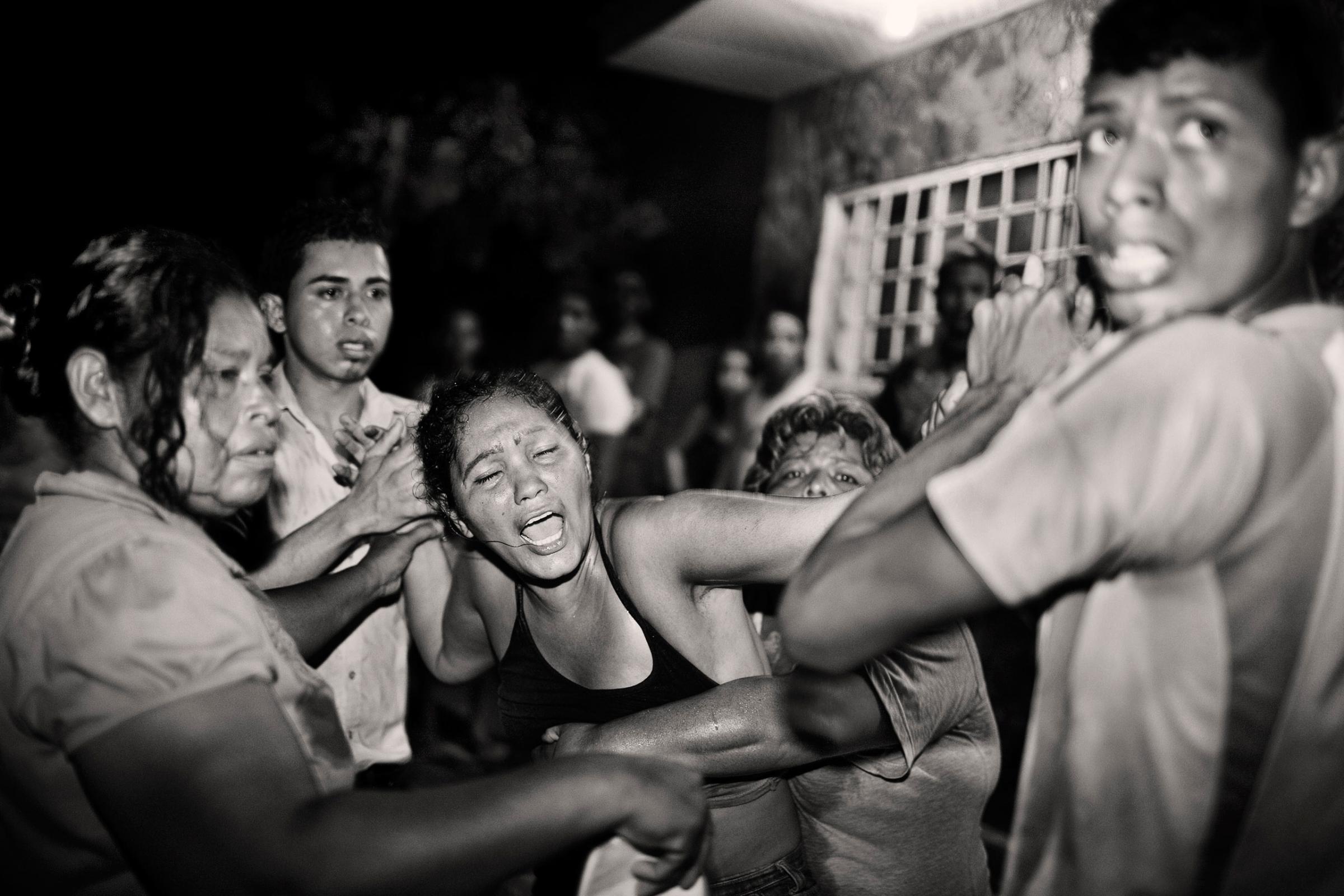
More Must-Reads from TIME
- Donald Trump Is TIME's 2024 Person of the Year
- Why We Chose Trump as Person of the Year
- Is Intermittent Fasting Good or Bad for You?
- The 100 Must-Read Books of 2024
- The 20 Best Christmas TV Episodes
- Column: If Optimism Feels Ridiculous Now, Try Hope
- The Future of Climate Action Is Trade Policy
- Merle Bombardieri Is Helping People Make the Baby Decision
Contact us at letters@time.com